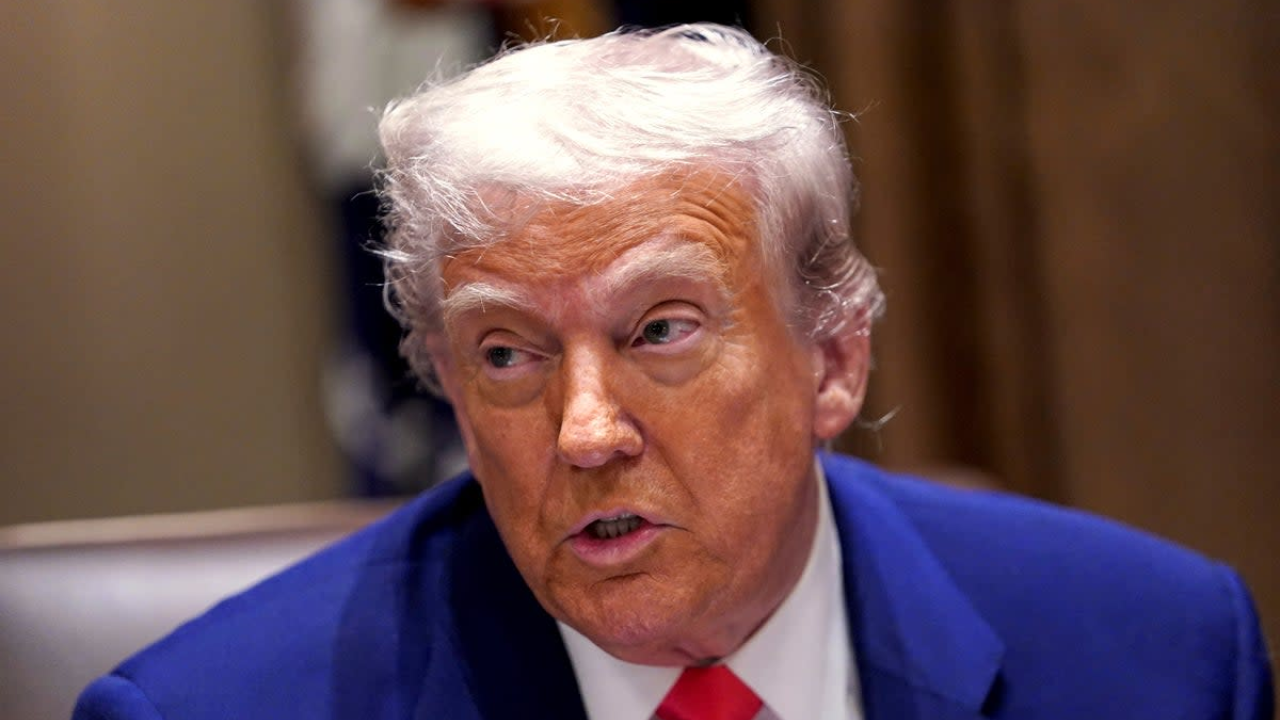In recent months, President Donald Trump’s aggressive tariff policies have sparked widespread debate among economists, policymakers, and the public.
While some argue that these tariffs are necessary to protect American industries, others warn of their potential to harm the U.S. and global economies.
Amidst this discourse, a notable economist suggests that the panic surrounding these tariffs may be overstated.
A Measured Perspective on Tariffs
Torsten Slok, Chief International Economist at Deutsche Bank AG, acknowledges that while tariffs can have economic consequences, the immediate impact of tariffs on $50 billion worth of goods is relatively limited.
He emphasizes that the real concern lies in the uncertainty these policies introduce, which can deter business investments and disrupt economic stability.
Economic Indicators Reflect Caution
Financial institutions have adjusted their economic forecasts in response to the evolving trade landscape. Citi’s Scott Chronert reduced his year-end S&P 500 target to 5,800 from 6,500, citing anticipated earnings declines.
Similarly, Morgan Stanley’s Mike Wilson lowered earnings estimates for 2025 and 2026, highlighting limited market growth under current conditions.
The Federal Reserve also expresses concern. Governor Christopher Waller describes the tariffs as a significant shock to the U.S. economy, potentially leading to increased unemployment and a slowdown in economic growth.
He suggests that if tariffs persist at high levels, they could necessitate interest rate cuts to mitigate recession risks.
Global Repercussions and Retaliation
The international response to U.S. tariffs has been swift. China, for instance, imposed retaliatory tariffs and halted exports of certain minerals, escalating trade tensions.
Such actions not only affect bilateral relations but also have broader implications for global supply chains and economic stability.
Diverse Economic Opinions
While some economists, like Slok, advocate for a measured response, others express significant concern.
Nobel laureate Paul Krugman warns that the tariffs could disproportionately harm lower-income Americans by increasing consumer prices and reducing after-tax incomes.
Similarly, Robert Shiller, another Nobel Prize-winning economist, criticizes the tariffs as unsustainable and potentially damaging to international relations.
He emphasizes that such protectionist measures can lead to retaliatory actions and global economic disruptions.
Conclusion
The debate over President Trump’s tariff policies underscores the complexity of international trade and economic policy.
While some experts urge caution and a focus on long-term strategies, others highlight immediate risks and advocate for policy reversals.
As the situation evolves, it remains crucial for stakeholders to monitor developments and assess the broader implications for both the U.S. and global economies.
Disclaimer- Our team has thoroughly fact-checked this article to ensure its accuracy and maintain its credibility. We are committed to providing honest and reliable content for our readers.






